Only met 30% of the target
According to the Ministry of Science and Technology , after 6 years of implementing Decree 13/2019/ND-CP on science and technology enterprises (S&T), the number of S&T enterprises granted certificates is still limited compared to the potential, basically only meeting 30% of the targets set in the S&T development strategies. In particular, the number of S&T enterprises formed from institutes, schools or converted from public S&T organizations is very limited, accounting for a small proportion of the S&T enterprises granted certificates.
Along with that, the number of science and technology enterprises that enjoy preferential policies is limited; the database on science and technology enterprises is incomplete, lacking information, and has not been verified. One of the obligations of science and technology enterprises is to report their performance results (if they do not report within 3 years, their certificates will be revoked), however, the number of enterprises that comply is only 30% - 40%...
Explaining the reason, the Ministry of Science and Technology said that the theory on the model of science and technology enterprises is not suitable. The determination that science and technology enterprises are formed mainly from the commercialization of science and technology results created by institutes and schools is not suitable to reality; legal regulations still have many barriers, especially regulations related to public asset management and regulations on anti-corruption, leading to difficulties in implementing policies on science and technology enterprises.
Although the state management system for science and technology enterprises has been established, in general, the requirements for the management system in the provinces have not met the requirements due to lack of attention from leaders, lack of staff, and inadequate capacity to implement policies. This is one of the main reasons why the policy for developing science and technology enterprises has not achieved results commensurate with its potential.
On the other hand, although science and technology enterprises are identified as beneficiaries of investment incentives, the support policies do not have any outstanding or specific features compared to other types of enterprises applying technology, leading to enterprises that have already enjoyed other investment incentives not having the need to certify as science and technology enterprises. Resources from the budget deployed to support science and technology enterprises have not been focused; in the period 2007 - 2024, there is only 1 national program to support science and technology enterprises with limited resources...
Students of Hanoi University of Science and Technology in the laboratory. Photo: TL
In fact, developing science and technology enterprises is one of the key tasks in the science and technology development strategy of the Party and the State. Resolution No. 41-NQ/TW on building and promoting the role of Vietnamese entrepreneurs in the new period affirms: it is necessary to have policies to create conditions for small and medium enterprises to expand their scale, improve competitiveness, production capacity, develop business models based on innovation, application of science and technology, digital economy, sharing economy, circular economy... Most recently, Resolution No. 57-NQ/TW also emphasized the strong promotion of science and technology activities and innovation and digital transformation in enterprises.
In order to institutionalize the Party's leadership viewpoint, at the recent 9th Session, the National Assembly passed the Law on Science, Technology and Innovation, replacing the 2013 Law on Science and Technology. Therefore, many contents in Decree 13/2019/ND-CP are no longer suitable and need to be replaced to be consistent with the legal system.
Have separate policies for startups
The draft Decree replacing Decree 13/2019/ND-CP has some notable new points. For example, regarding the conditions for certifying science and technology enterprises, in addition to the general conditions such as being established and operating under the Law on Enterprises, creating science and technology products from one of the legally owned or used science and technology results, there are also conditions according to the size of the enterprise (large, medium, small). The criteria for spending on science and technology, research and development (R&D) department are designed into specific quantitative criteria to measure the research and development capacity of enterprises, ensuring that science and technology enterprises are a force of enterprises capable of absorbing and mastering technology, thereby improving the production capacity of enterprises.
Regarding preferential and support policies, the draft Decree has added a 10% tax rate incentive based on the Law on Corporate Income Tax 2025; proposed a 200% deductible expense rate when calculating corporate income tax according to Resolution No. 68-NQ/TW; added a personal income tax exemption policy for experts, scientists, and human resources participating in R&D tasks of enterprises; added regulations that land used for scientific research purposes is exempted from land rent for the entire lease term based on the provisions of the Law on Science, Technology and Innovation... These amendments are highly appreciated by science and technology enterprises.
Mr. Huynh Thanh Van, Chairman of the Southern National Startup Support Advisory Council, said that the draft defining the conditions for granting certificates for science and technology enterprises according to each scale is very suitable for practice and ensures the assessment of the contribution of science and technology enterprises to economic and social development. The draft sets out the criteria that science and technology enterprises must have an R&D department of at least 2 employees, which will encourage enterprises to carry out tasks related to R&D and technology innovation transfer.
Mr. Van suggested that attention should be paid to science and technology startups. In fact, many new graduates have ideas for technology startups but they lack capital to implement them. If these businesses can be developed, it will contribute to the goal of 2 million businesses operating by 2030, increasing the number of science and technology businesses. "There needs to be separate policies for science and technology startups."
Support policies including tax, land, bidding, and credit have basically met the expectations of businesses, but it is necessary to design clear regulations to ensure easy implementation for both businesses and management agencies. The procedures for granting certificates of science and technology enterprises also need to be convenient and open to encourage businesses to participate.
Source: https://mst.gov.vn/co-hoi-chuyen-minh-cho-doanh-nghiep-khoa-hoc-va-cong-nghe-197251125163137459.htm




![[Photo] Prime Minister Pham Minh Chinh chairs the 15th meeting of the Central Emulation and Reward Council](/_next/image?url=https%3A%2F%2Fvphoto.vietnam.vn%2Fthumb%2F1200x675%2Fvietnam%2Fresource%2FIMAGE%2F2025%2F11%2F27%2F1764245150205_dsc-1922-jpg.webp&w=3840&q=75)


![[Photo] President Luong Cuong attends the 50th Anniversary of Laos National Day](/_next/image?url=https%3A%2F%2Fvphoto.vietnam.vn%2Fthumb%2F1200x675%2Fvietnam%2Fresource%2FIMAGE%2F2025%2F11%2F27%2F1764225638930_ndo_br_1-jpg.webp&w=3840&q=75)


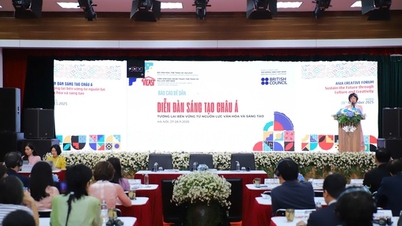










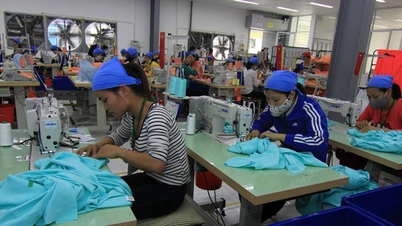

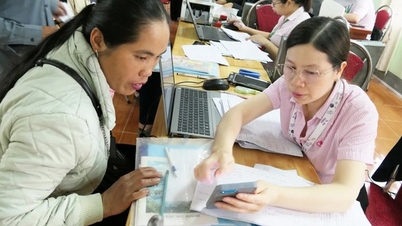





















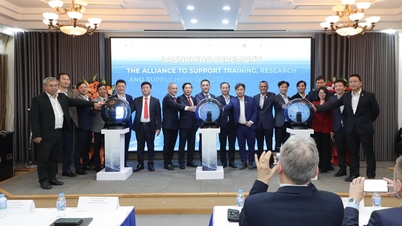

























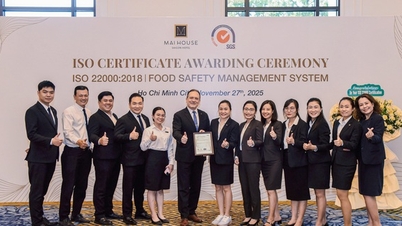
























Comment (0)